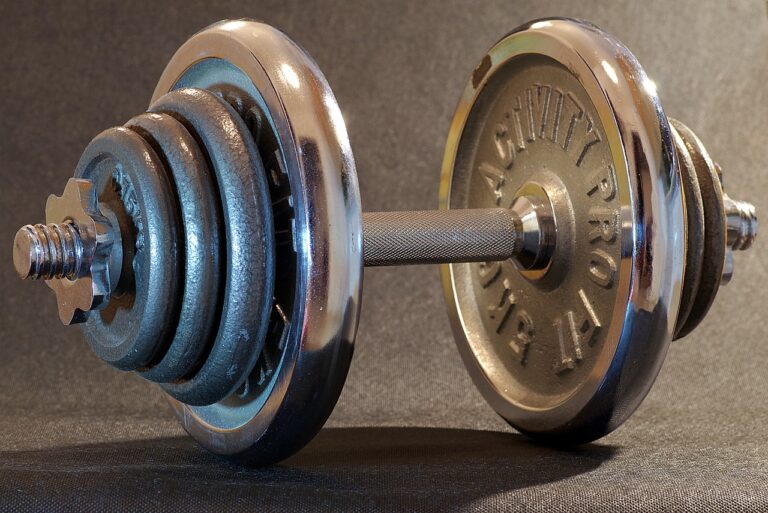Neurological Considerations in Cricket Injury Rehabilitation: Betbook250 login, Reddybook id, Playlotus365
betbook250 login, reddybook id, playlotus365: Cricket is a sport that demands immense physical and mental strength from its players. From fast bowlers to batsmen, every player on the field is at risk of injury due to the high-intensity nature of the game. Injuries in cricket can range from common muscle strains to more serious head injuries. Rehabilitation plays a crucial role in getting players back on the field after an injury, and neurological considerations are an essential part of this process.
Neurological considerations in cricket injury rehabilitation refer to the impact that injuries can have on the brain and nervous system. Understanding how these injuries can affect cognitive function, coordination, and balance is crucial in developing an effective rehabilitation plan. Here are some key points to consider when dealing with neurological issues in cricket injury rehabilitation:
Assessment of Concussions: Concussions are a common injury in cricket, especially for fast bowlers and batsmen facing fast deliveries. A concussion is a type of traumatic brain injury that can lead to a range of symptoms, including headaches, dizziness, and confusion. It is essential to assess concussions promptly and accurately to ensure the player’s safety and prevent long-term consequences.
Balance and Coordination Training: Balance and coordination are essential skills in cricket, whether it’s maintaining a strong stance while batting or fielding with agility. Neurological injuries can affect these skills, making it challenging for players to perform at their best. Incorporating balance and coordination training into the rehabilitation program can help players regain their skills and confidence on the field.
Visual Processing Exercises: Cricket requires excellent visual processing skills to track the ball, assess the field, and make quick decisions. Neurological injuries can impact visual processing, leading to difficulties in performance. Including visual processing exercises in the rehabilitation plan can improve players’ ability to process visual information accurately and react quickly during the game.
Cognitive Rehabilitation: Cognitive function, such as memory, attention, and problem-solving, is vital for cricket players to strategize and adapt to changing game situations. Neurological injuries can impair cognitive function, affecting players’ performance on the field. Cognitive rehabilitation techniques, such as memory games and problem-solving tasks, can help players recover their cognitive abilities and enhance their overall performance.
Psychological Support: Dealing with injuries can be mentally challenging for cricket players, leading to stress, anxiety, and depression. Psychological support is essential in the rehabilitation process to help players cope with the physical and emotional aspects of their injury. Providing players with access to counseling, mindfulness techniques, and stress management strategies can support their overall well-being and aid in their recovery.
Understanding Neurological Considerations: Rehabilitating neurological injuries in cricket requires a comprehensive understanding of how these injuries can impact players’ performance and well-being. By incorporating assessments and interventions that target neurological issues, rehabilitation programs can be tailored to meet the individual needs of each player and facilitate their safe return to the game.
In conclusion, neurological considerations play a crucial role in cricket injury rehabilitation. By assessing concussions promptly, incorporating balance and coordination training, focusing on visual processing exercises, providing cognitive rehabilitation, offering psychological support, and understanding the impact of neurological injuries, players can recover effectively and return to the field stronger than before.
FAQs:
Q: How long does it take to recover from a concussion in cricket?
A: The recovery time for a concussion can vary depending on the severity of the injury. In general, players should follow a gradual return-to-play protocol under the guidance of a healthcare professional.
Q: Are there specific exercises to improve cognitive function in cricket players?
A: Yes, cognitive rehabilitation exercises, such as memory games, problem-solving tasks, and attention exercises, can help improve cognitive function in cricket players recovering from neurological injuries.
Q: What are some strategies to help cricket players cope with the stress of rehabilitation?
A: Providing psychological support, access to counseling, mindfulness techniques, and stress management strategies can help cricket players cope with the stress of rehabilitation and promote their overall well-being.







